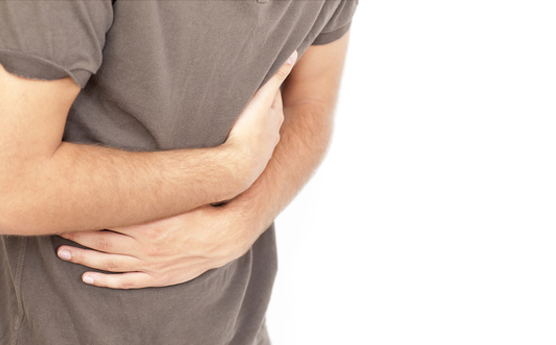
Acid reflux, more popularly known in the Philippines as “hyperacidity”, is a fairly common condition involving the backward flow of stomach acid into the esophagus, the tube that connects the throat and stomach. Acid reflux is more specifically known as gastroesophageal reflux.
At the entrance to your stomach is a valve made up of a ring of muscle called the lower esophageal sphincter (LES). Normally, the LES closes as soon as food passes through it. If the LES doesn’t close all the way or if it opens too often, acid produced by your stomach can move up into your esophagus. This can cause symptoms such as regurgitating food or sour liquid at the back of your mouth or a burning chest pain called heartburn.
Occasional acid reflux usually can be prevented with lifestyle changes. If necessary, it can be treated with over-the-counter medication, including antacids (e.g. aluminum hydroxide, magnesium carbonate, simethicone), H-2-receptor blockers (e.g. cimetidine, famotidine), and proton pump inhibitors (e.g. omeprazole, esomeprazole, rabeprazole).
Here are the top 10 lifestyle changes that can help you prevent acid reflux or hyperacidity:
-Medical Observer
Overweight and obesity are defined as abnormal or excessive fat accumulation that presents a risk to health. A body mass […]
Around 27 million Filipino adults are overweight or obese, according to the latest National Nutrition Survey conducted by the Food […]
Advances in scientific and technological knowledge have provided unprecedented advantages in terms of immeasurable convenience in our daily living, lightning-fast […]